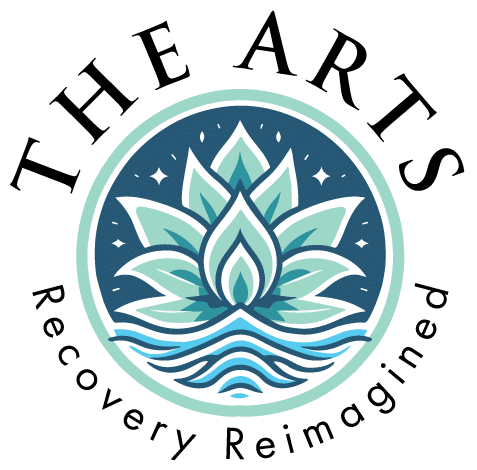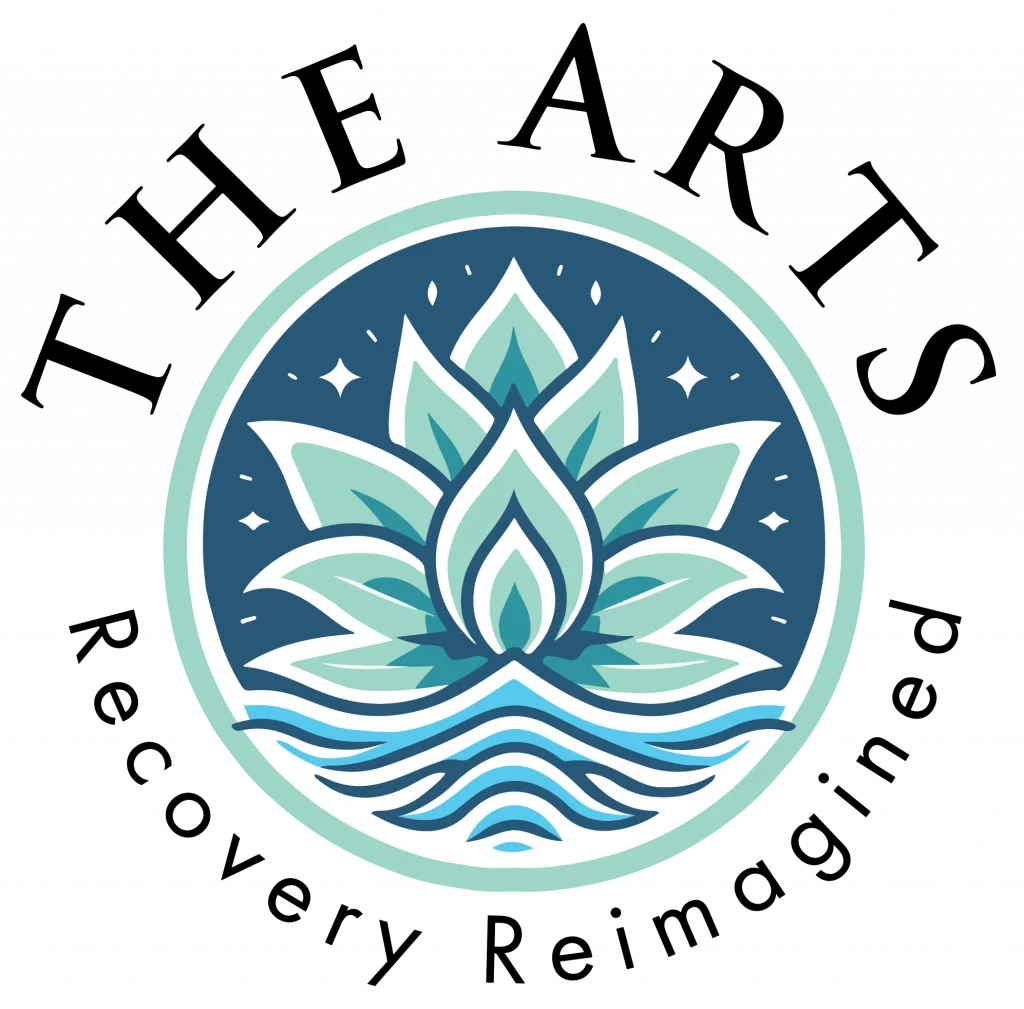Recovering from addiction is a journey that doesn’t have a fixed destination. While many people have moments of happiness in their sobriety, the path can be full of surprises, including obstacles and detours. Although relapses can be challenging to face, they are not a sign of defeat but rather a natural part of the healing process. You can overcome these challenges by developing coping strategies.
Understanding Relapse: A Turning Point, Not the End
A relapse occurs when someone goes back to using substances after being sober for a while. It’s important to understand that this doesn’t mean you’re weak or have failed personally. Research shows that many individuals on the road to recovery experience at least one relapse. By recognizing types of relapses – situational and physical – and pinpointing your triggers and warning signs, you can take control of cravings proactively and prevent future setbacks.
Building Resilience: Your Guide to Healing
Resilience is the ability to bounce back from difficulties. It serves as your compass while navigating life’s challenges. Resilient individuals possess positivity, self-kindness, effective coping mechanisms, and a robust support system.
Below are 10 tips to help individuals enhance their resilience.
1. Build a support system: Whether they be friends, family members, or support groups, surround yourself with caring individuals who can offer support during challenging times.
2. Prioritize self-care: Take care of your emotional well-being by maintaining a healthy diet, exercising regularly, and ensuring you get enough rest. Make time for activities that bring you joy and promote relaxation.
3. Set attainable goals: Establish objectives for yourself. Take gradual steps toward achieving them. Acknowledge your accomplishments regardless of their size.
4. Embrace mistakes as learning opportunities: Everyone makes errors. The key lies in learning from them and moving forward. Concentrate on what you have the power to change, and release what is beyond your control.
5. Enhance problem-solving skills: Hone your problem-solving abilities by pinpointing the issue, brainstorming solutions, and selecting the suitable one.
6. Boost Self-Esteem: Enhance your self-assurance by setting and reaching goals, tackling challenges, and acquiring skills.
7. Embrace mindfulness: Embracing mindfulness involves being fully present in the moment and accepting things as they come. This practice can assist you in managing stress and developing resilience.
8. Consider professional support: If building resilience independently feels challenging, consider contacting a therapist or counselor for guidance.
9. Stay optimistic: Direct your attention towards the positive aspects of your life and cultivate a sense of gratitude. This approach can strengthen your resilience and help you deal with stress effectively.
10. Maintain a balanced perspective: Acknowledge that setbacks are a part of life’s journey and believe in your ability to overcome them. Strive to uphold a mindset that reminds you of your strength to conquer obstacles.
The ARTS IOP: Your Companion in Strengthening Resilience
At The ARTS IOP, we promote an approach to recovery beyond abstinence. Our intensive outpatient program in Los Angeles and other treatment alternatives delve into the root causes of addiction while customizing therapy to suit individual needs. We incorporate evidence-based methods within a community setting, highlighting the significance of peer encouragement and camaraderie in our Thousand Oaks addiction group therapy.
Relapse: An Educational Journey, Not a Stepback
At The ARTS center, we see relapse not as a defeat but as an occasion for learning and self-exploration. We urge you to examine the triggers and obstacles that led to the relapse and help you develop coping mechanisms for future challenges. Our program can help you build resilience by:
- Practicing therapeutic techniques: Practices such as cognitive behavioral therapy (CBT), dialectical behavior therapy (DBT), and mindfulness-based stress reduction (MBSR) provide you with skills to handle cravings and emotional stressors, giving you the ability to navigate situations with improved clarity.
- Building a strong support system: Family therapy, support groups, and peer connections offer encouragement, accountability, and empathy. Being part of a community that cheers you on in your successes and stands by you through challenges creates a safety net that nurtures resilience.
- Embracing self-compassion: Swapping out self-criticism for self-acceptance fosters a positive inner dialogue. Treating yourself with gentleness and compassion during difficult moments helps you handle setbacks with grace and strength.
- Making health a priority: Regular physical activity, balanced nutrition, and good sleep habits enhance well-being and lay the groundwork for healthier coping skills. Taking care of your body and mind gives you the vitality to face challenges head-on.
- Creating a plan to prevent relapse: This plan may include recognizing triggers, developing coping strategies, building a support system, engaging in therapy, and staying empowered to manage risks proactively. Having a plan in place provides peace of mind and reduces the chances of being blindsided by unexpected obstacles.
Nurturing Resilience: A Lifelong Endeavor
Recovery is an evolving journey of cultivating resilience. You can tackle challenges with grit and optimism by embracing what you learn from setbacks and actively strengthening your resilience. Remember that you are not walking this path alone. At The ARTS IOP, we strive to assist you on your path to long-term healing and a rewarding existence. Contact our drug rehab in Canoga Park to learn more.

